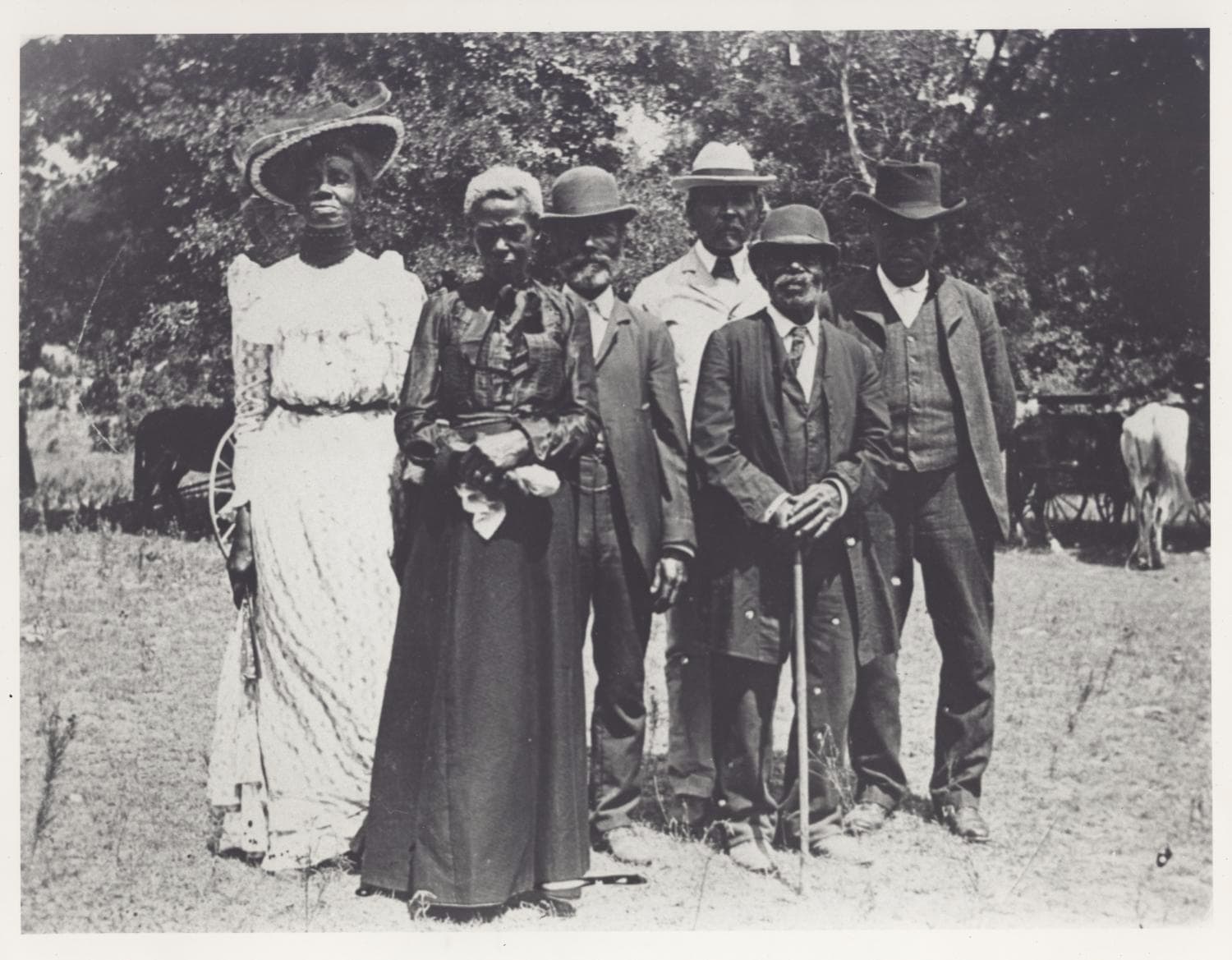 |
| “ANOTHER MARCH: Negroes Freed By the Emancipation Proclamation Enter Union Lines at Newbern, N.C.”. Image courtesy The Atlanta Century. |
On this day, in 1865, Texas slaves learned they were free nearly two years following President Abraham Lincoln’s Emancipation Proclamation issued on January 1, 1863. The slaves did not know they were free until Union soldiers arrived in Galveston, Texas, and Major General Gordon Granger read from the President’s General Order No. 3:
“The people of Texas are informed that in accordance with a Proclamation from the Executive of the United States, all slaves are free. This involves an absolute equality of rights and rights of property between former masters and slaves, and the connection heretofore existing between them becomes that between employer and free laborer. The freedmen are advised to remain quietly at their present homes and work for wages. They are informed that they will not be allowed to collect at military posts and that they will not be supported in idleness either there or elsewhere” (Gay 250).
 |
| Image courtesy Austin History Center on Wikimedia |
African Americans were forced to celebrate outside of the state of Texas during some early observances of Juneteenth. This holiday, also known as African-American Independence Day, was passed by an act of Texas legislature in 1979, marking Juneteenth as a paid holiday. Juneteenth’s first official celebration was held in 1980 after over a century of its observance spreading through the U.S. by African Americans who moved out of Texas to reunite with family members. It eventually was observed as an unpaid state holiday in other states as well. Mississippi became the 36th state to recognize Juneteenth, as of March of 2010, and is participating in a campaign to have it recognized as a National Day of Observance, like Patriot Day or Flag Day.
Today, Juneteenth commemorations celebrate African-American heritage, renews interest in searching for African American ancestors, and provides an opportunity for family and friends to gather. We have plenty of genealogy resources here at the Mississippi Library Commission. Are you searching for long, lost relatives? Are you trying to branch out your family tree? We would love to help!
Gay, Kathlyn. African-American Holidays, Festivals, And Celebrations: The History, Customs, and Symbols Associated with Both Traditional and Contemporary Religious and Secular Events Observed by Americans of African Descent. Detroit, MI: Omnigraphics, 2007. Print
Image: Emancipation Day Celebration 1900
“Press Release”. National Juneteenth Observance Foundation. 25 March 2010. Web. 19 June 2012. < http://nationaljuneteenth.com/Mississippi.html>.
Shavin, Norman. The Atlanta Century: March,1860-May,1865 [vol.3, no. 48 (153) Sunday, January 25, 1863]. Atlanta, GA: I/D Publishing Company, 1966. Print

No comments:
Post a Comment